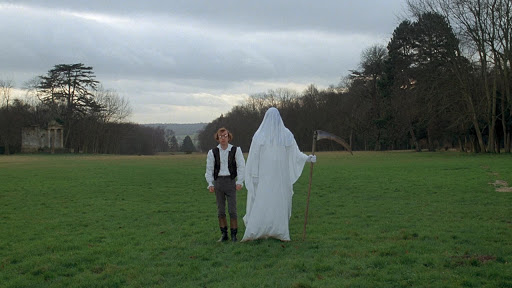After a childhood of writing to U.S. and Soviet world leaders with his opinions on how they may resolve Cold War conflicts, New York City-born Michael Maiello launched his professional writing career as a high school student working for a local newspaper in New Mexico. After earning a degree in theater and playwriting, Michael returned to his native New York where he continues to live and work as a writer of satire, political analysis, plays, short stories, books, and even some lucrative ventures.
Besides The New Yorker, Rolling Stone, and McSweeney’s, Michael’s work has appeared everywhere from The New York Times, Forbes (where he spent a decade in top editorial roles), Esquire, Newsweek, The Daily Beast, and Reuters, to Robot Butt (which you should check out now), TPM Cafe, and Dagblog.
Michael has written plays for production at many well-known venues including the Joseph Papp Memorial Public Theatre, La Mama ETC, and Dixon Place, and festivals such as the 2003 New York International Fringe Festival, The Project Footlight Festival at Dixon Place, and the Abingdon Theatre Company’s 2012 benefit.
Unlike most funny writers, Michael doesn’t hide behind his laptop in a dank coffee shop. He’s performed stand-up comedy in New York at The Laugh Factory, The Comic Strip, Mo Pitkins, The Brick Theatre, and The Tank, as well as the 2006 Philadelphia Live Arts Festival, and the 2007 Philadelphia Fringe Festival. His live comedy even earned him kudos in the New York Post’s Page Six.
But he’s not always out to make you laugh. Michael’s work includes serious commentary and analysis of this quickly crumbling world. Bridging the sometimes seismic gap between humor and socio-politics, he’s been a frequent guest on Forbes on Fox, Cavuto on Fox Business News, Kudlow on CNBC.
But he’s always happy to connect with other writers, performers, publishers, and producers: michaeldmaiello@gmail.com. He’ll happily and swiftly provided samples of his work, plays for production, and short stories and novels for publication.


